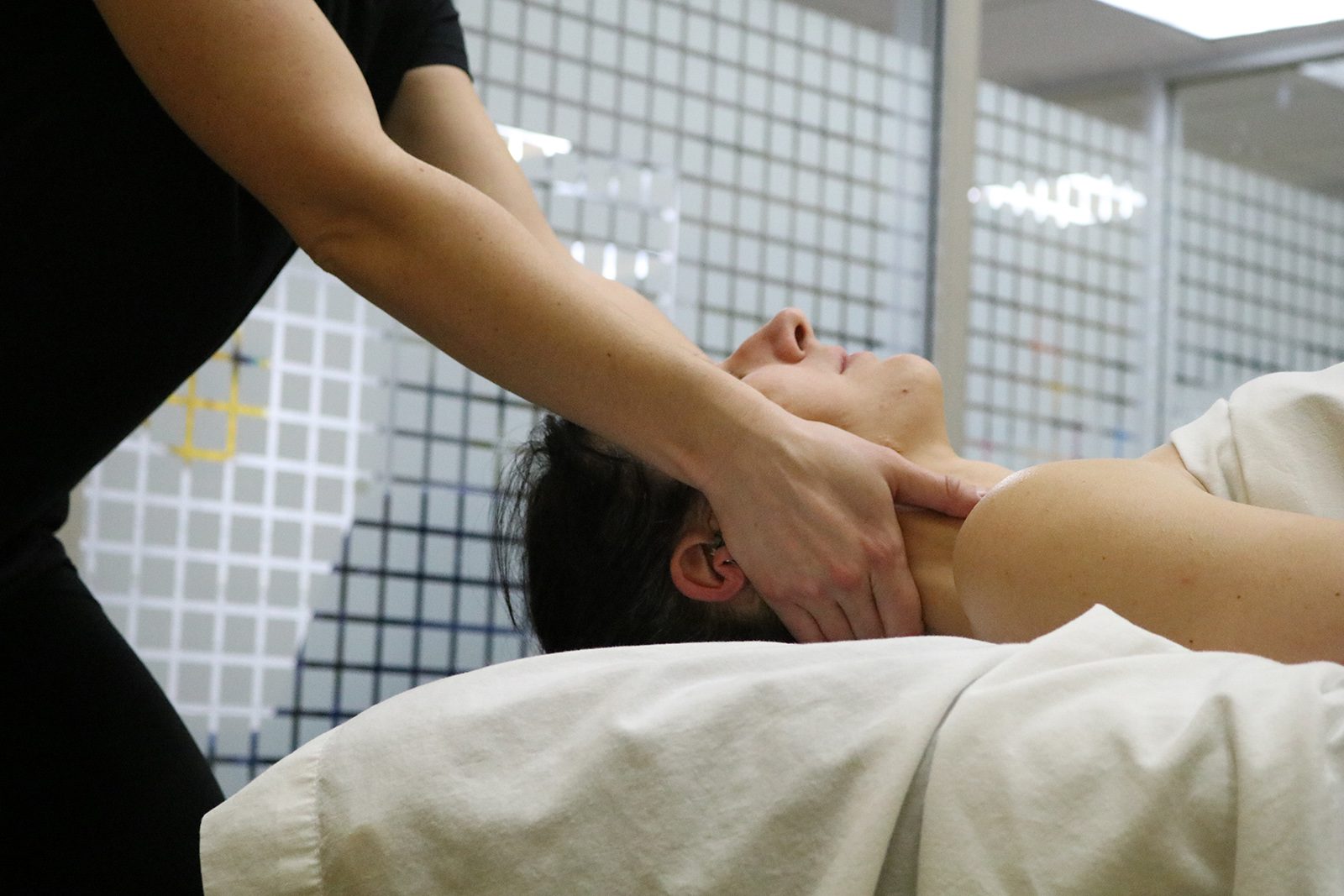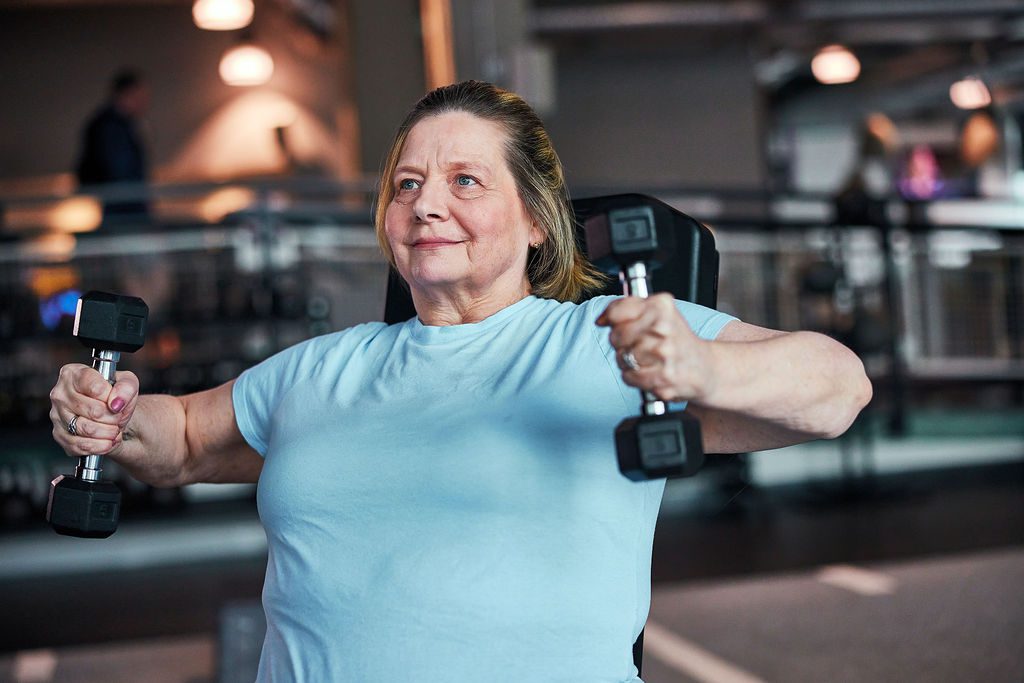
Massage, in its many forms, can be used as a powerful tool to affect a variety of your physical and psychological issues. If you don’t receive massage as part of a regular health and wellness routine yet, consider using it as an effective complement to other treatments and help bring yourself back to a place of health and wellbeing. Here are just a few issues massage can help with.
Carpal Tunnel Syndrome
Carpal Tunnel Syndrome is the inflammation of nerves within the carpal tunnel of the inside of the wrist, which can cause numbness, tingling, difficulty gripping or grasping objects, and/or hand pain.
A massage with a focus on the wrist, shoulder, and arms can help you find relief. Many people see results after the first session, but it can take 3-5 sessions in combination with behavior modification and anti-inflammatory methods to achieve lasting results.
Diabetes
Diabetes is a disease that does damage to the insulin-producing cells of the pancreas. While different types of diabetes have varying symptoms, massage has been shown to help relieve the thickening or stiffening of the fascia surrounding the muscles and organs.
In addition to the relaxation benefits of massage, diabetic people can also expect to benefit from improved circulation and myofascial effects, such as increased joint motion, more comfortable mobility, and decreased stiffness.
Tension Headaches
Tension headaches are defined by pain and prolonged contraction of muscles in the neck, face, scalp, and jaw, brought on by stress, emotional trauma, depression, anxiety, not enough sleep (or sleep apnea), or jaw clenching.
Massage therapy can be beneficial in reducing anxiety and stress, which can relieve the tension that causes said headaches. Specific techniques can also help relax muscles around the head and neck, reducing pressure on the delicate nerves whose inflammation can lead to headaches. In addition, massage can increase the body’s production of serotonin, which can help you sleep better.
Whiplash
Whiplash, or hyperextension injury, is most commonly caused by car accidents causing the victim’s neck to first bend towards and then away from the impact in a rapid motion, causing strain or sprain to the muscles and ligaments in the neck.
In addition to helping relieve stress and fostering relaxation, massage therapy increases circulation, allowing more oxygen and healing agents to be delivered to the point of injury, which can speed the healing process. Massage can also help lessen the trauma to both the patient’s emotional well-being and their muscles.
Muscle Injury
Muscle injury is defined as an injury—like a sprain, strain, or tear—to a person’s muscles. Common types include sports injuries and overuse injuries.
Massage increases circulation and can reduce muscle spasms and swelling in joints as well as flush lactic acid and other metabolic waste from muscles.
Depression
Depression is a condition that impacts a person’s moods and emotions. Symptoms can include feeling sad, anxious, empty, disconnected or hopeless, loss of interest in activities or hobbies, fatigue, decreased energy, loss of appetite, difficulty concentrating, persistent aches and pains, and/or thoughts of suicide.
Research has shown that massage therapy can improve mood and reduce anxiety in patients who have chronic pain, tension headaches, high-stress levels, and more when used in conjunction with exercise and psychotherapy. Massage therapy can reduce the amount of cortisol (the body’s response to stress) the body produces while increasing serotonin and dopamine production, which can help stabilize one’s mood.
Regina Prevosto is a Therapeutic Specialist at Merritt Clubs.




